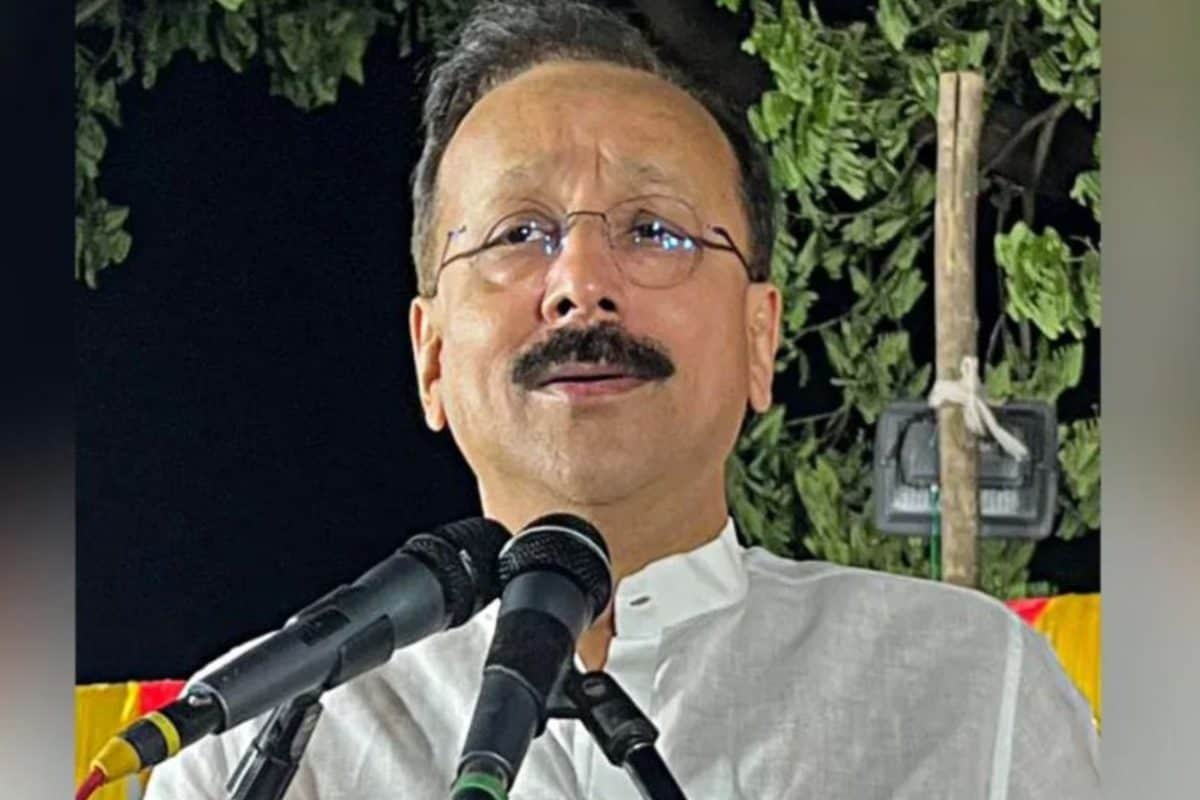Since the 1997 assassination of Datta Samant, Mumbai was far from the killings of elected representatives. However, the brutal murder of Siddique means police as well as other agencies will have to step up security for the politicians in the state
The murder of NCP leader Baba Siddique in Mumbai has stunned the Maximum City and the country. As the police scramble to bring the perpetrators to book, the killing serves as a grim reminder of Mumbai’s dark past when nearly half-a-dozen politicians lost their lives in gang-related attacks, revealing the unholy nexus between organised crime and political rivalry.
In the latest instance, police are probing several angles to understand the motive behind the NCP leader’s killing. Apart from the Lawrence Bishnoi angle — which many believe could be due to the neta’s proximity to Bollywood actor and Bishnoi target Salman Khan — police are also looking into a real estate connect as well as business rivalry.
As the probe net wides, let’s take a look at political killings in Mumbai that had far-reaching consequences.
It was August 1994 when Ramdas Nayak, who was elected from Kherwadi in 1978 on a Janata Party ticket and later became head of BJP’s Mumbai unit, was gunned down with AK-47 rifles after he crossed paths with dreaded gangster Chhota Shakeel.
As Nayak left his home, which was located just 700 metres from Siddique’s home, in his Ambassador car along with his security detail, Shakeel’s men — specifically gangster Firoz Kokni and an accomplice named Soni —- killed them and fled on a motorcycle, the Indian Express reported.
Kokni was among 12 people arrested by the Mumbai Police but he later escaped from police custody. Most of the accused were acquitted in the case.
Yet another murder that shook Mumbai was that of Communist Party of India (CPI) legislator Krishna Desai in Lalbaug in June 1970. This murder also had political consequences as it is said to have facilitated the entry of the Shiv Sena into the Maharashtra assembly later that year.
Desai, a mill worker, became a popular union leader in the post-Independence era. After winning the municipal corporation elections, he became a corporator in 1952. His stature rose when he won the MLA elections from Parel in 1967. Desai also started the Rashtra Seva Dal in Mumbai, a cultural front for the Communist Party, that sought to woo young men.
However, this threw a spanner in the works for the Sena which was looking to expand and consolidate its base in Mumbai. On the night of June 5, 1970, Desai was informed that someone wanted to meet him. As he stepped outside with an associate, he was waylaid by a group of men who fatally stabbed him with swords.
Though Sena founder Bal Thackeray termed Desai’s death unfortunate, 19 supporters of his party were arrested for the murder of whom 16 were convicted.
The early 1990s saw more politicians being targeted and killed by gangsters, the first notable case being that of Shiv Sena MLA Vitthal Chavan, who was shot dead in mid-1992 by members of the Guru Satam gang, reportedly due to a fallout over monetary issues. No one was convicted for his murder, India Express reported.
Next year, Ramesh More, a Sena politician and trade union leader, was shot dead by four people — allegedly affiliated to the Arun Gawli gang — when he was walking toward his residence in Andheri in May. Just five days later, in June 1993, two-time BJP MLA Prem Kumar Shankardat Sharma was shot dead by two gunmen at Grant Road when he was eating out with his family. Reports had then pinned the murder on the Dawood Ibrahim gang.
The Gawli gang returned to strike in April 1994 when Ziauddin Bukhari, a former MLA from the Muslim League and a well-known community leader, was killed in Byculla. Though the gang was implicated, several of those arrested were acquitted.
As the Sena-BJP coalition came to power in 1995, targeted political killings took a backseat. The last key political figure to be assassinated was Datta Samant, a former legislator and union leader, who was hit with 17 bullets on January 16, 1997, while on his way to work in Ghatkopar. Four men intercepted Samant’s vehicle and opened fire. He was declared dead on arrival at the hospital.
Police blamed his murder on rivalry among trade unions at Premium Automobiles Limited, and in 2000, three people, including two shooters, were convicted. Gangster Chhota Rajan was named an accused but acquitted in 2023.
Since the 1997 assassination, Mumbai was far from the killings of elected representatives. However, the brutal murder of Siddique means police as well as other agencies will have to step up security for the politicians in the state.

